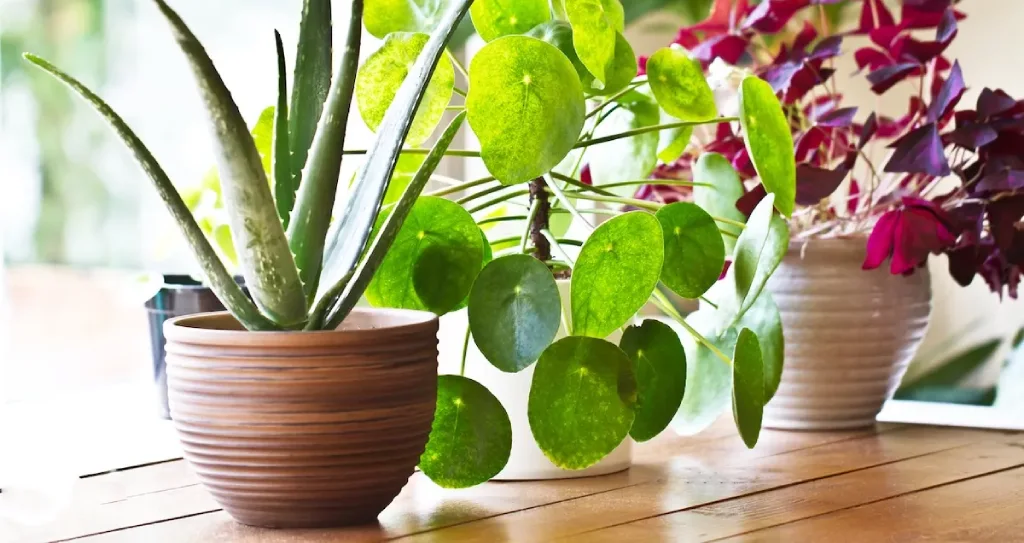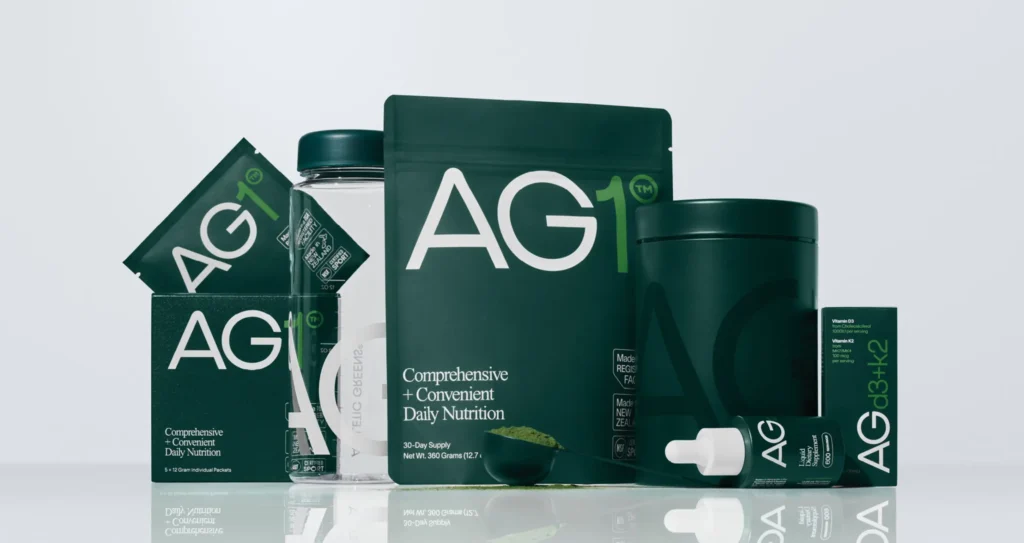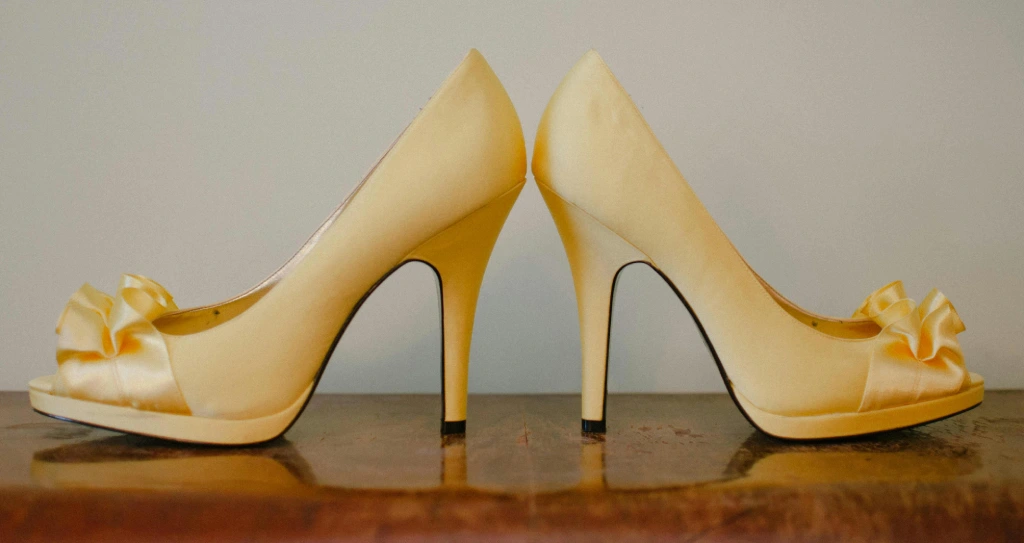Introduction:
Over the past few years, indoor plants have evolved into more than just ornaments; They are now essential components of contemporary interior design. Past their tasteful allure, indoor plants carry various advantages to our living spaces, from further developing air quality to helping our temperament and efficiency. Whether you’re a carefully prepared plant fan or simply beginning to investigate the universe of indoor cultivating, incorporating plants into your home can genuinely change your residing climate.
Upgrading Tasteful Allure:
The ability of indoor plants to enhance the visual appeal of any space is one of the most obvious advantages. Whether you favor lavish, following foliage or striking, structural structures, there’s a plant to suit each style and inclination. Enormous, proclamation plants like fiddle leaf figs or monstera deliciosas can act as central focuses in a room, adding a hint of vegetation that supplements any style. Succulents and air plants, for example, are great for adding texture and color to windowsills, desks, and shelves.
Further Developing Air Quality:
Beside their visual effect, indoor plants assume a significant part in cleaning the air we relax. By releasing oxygen through photosynthesis and absorbing carbon dioxide, plants purify and refresh indoor air. Furthermore, a few plants are especially capable at killing hurtful air poisons like formaldehyde, benzene, and trichloroethylene, which are habitually tracked down in decorations and family merchandise.
NASA’s Clean Air Study identified several houseplants, including spider plants, peace lilies, and snake plants, as top performers in air purification. By strategically placing these plants throughout your home, you can create a healthier indoor environment for you and your family.
Helping Mind-Set And Prosperity:
Various investigations have shown that interfacing with indoor plants can decidedly affect our psychological and profound prosperity. The presence of vegetation inside has been connected to diminished feelings of anxiety, further developed fixation, and expanded sensations of smoothness and unwinding. This association with nature, even inside metropolitan conditions, is known as biophilia — an idea that recommends people have an intrinsic liking for living things.
Caring for indoor plants also provides a sense of purpose and accomplishment, as you nurture and watch your plants thrive and grow. This nurturing aspect can be particularly beneficial for those looking to reduce anxiety or find a peaceful hobby amidst the hustle and bustle of daily life.
Practical Considerations:
It is not necessary to spend a lot of time or effort incorporating indoor plants into your living space. Begin by evaluating your home’s normal light and picking plants that flourish in those circumstances. Low-light regions might profit from plants like pothos, ZZ plants, or harmony lilies, while radiant windowsills are ideally suited for succulents, desert flora, or spices.
Think about the size and size of your plants comparative with your space — try not to stuff to keep a reasonable and amicable climate. Ordinary watering, satisfactory seepage, and infrequent treatment are essential for plants to be sound and sturdy. Your indoor nursery can thrive and keep on upgrading your home for a long time to accompany a little consideration and consideration.
Conclusion:
More than just a fashion statement, incorporating indoor plants into your living space a direction for living can emphatically influence your wellbeing, prosperity, and environmental elements. Whether you’re hoping to revive a room, further develop air quality, or essentially partake in the quieting presence of vegetation, indoor plants offer vast opportunities for change. Start small with a few easy-to-maintain plants and build up your collection over time as you gain confidence. You will not only improve the decor of your home with each plant you add, but you will also establish a haven of tranquility and natural beauty inside of it.





Leave feedback about this